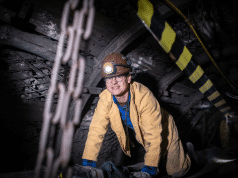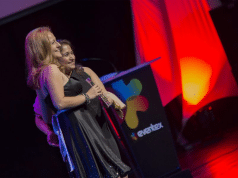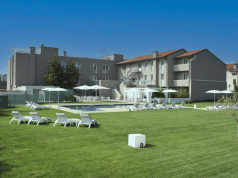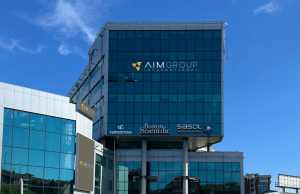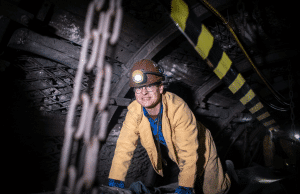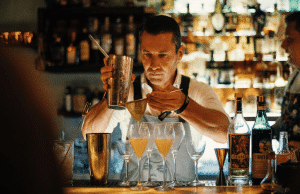We consciously overlooked all the symptoms
Before our industry was stopped by a tiny pathogen, we consciously overlooked that it was about to burn out. For the past couple of years, the meetings industry has been exhausted and in a phase of constant stress.
Too many events, unsatisfied participants, copied concepts, problems with guaranteeing attendance and questionable ROI. Events were being organised solely for the sake of being organised. The form was more important than content, there was no interactivity and profit was often more important than participant experience. We often just thought about ourselves and lived in our own little bubble, wreaking havoc everywhere we went. The amount of garbage, noise and pollution that our industry produced is unimaginable. This burnout is the culmination of everything that I just mentioned. The only thing left to do was to helplessly cry our hearts out.
This crisis is a cleanse. Spring cleaning. It is time to question, who we are, what we want to achieve and how to make our industry better, more sustainable.
In my opinion, this “meetings industry burnout” is a sum of five syndromes:
1. Physical burnout – simply put, there were too many events. Because of this oversupply, guaranteeing a sufficient number of attendees was troublesome. Our neo-liberal mindset drove us to exceed all the natural limits of development. Many events were faced with a challenge of balancing production costs and added value that is not solely financial. The simple math between expenses and income did not always work out.
2. Environmental burnout – often, environmental awareness was just an afterthought, despite knowing that we should all try to minimize the environmental footprint of our events. In practice, only a few organisers paid close attention to reducing waste and making an effort to preserve natural resources. In the future, sustainability will be incorporated into all phases of event organisation and will be one of the key testaments of our industry. We should all make an honest assessment of how sustainable our events really were. If being sustainable was more than just an afterthought, hats off to you!
3. Destination burnout – key meetings destinations were overburdened. The coronavirus imposed the most punishment upon arrogant, boastful destinations. The advantage of endless airline connectivity and hotel capacities is now just a mirage from the past. Narcissism and self-sufficiency have become a weakness rather than an advantage in these strange times. Destinations will have to reinvent themselves. Everyone is starting afresh but from the same starting point.
4. Emotional burnout – seemingly happy events without happy participants. I like to say that the mission of our industry is bringing happiness to our attendees. The Slovenian language has a great translation for the word events. We call them srečanja, which loosely translated means making the participants of events happy. Before the current crisis, many events were not fulfilling that mission. Numbers were far more important than bringing a smile to people’s faces. In the future, I sincerely hope that only those events that emphasize content over form and establish a genuine emotional connection with the attendees survive.
5. Creative burnout – form overpowered the idea. The secret and essence of our industry are good ideas. The best ones are simple, clear and unambiguous. Those that persuade the soul and heart. Events are a universal language that we all understand. When we run out of ideas and start copying them, it is time to sound the alarm. Good ideas are born in the heads of ultra-creative people. For many years, event logistic experts dominated event architects. Event mathematicians and master profiters dominated event creatives.
Change is imminent
If I presented the idea of transforming the meetings industry a month ago, colleagues would probably crucify me. Nobody wants to waste their time changing something that seemingly works perfectly. But does it? In the middle of a complete meetings industry lockdown, the situation has changed. This is the time to self-reflect and take some precautions that will reduce stress and exhaustion in the future.
Just like in our personal lives, we sometimes have to say NO and refuse to organise events that are not in line with our moral, ethical values.
I think that our industry will go through a renaissance, in which we will reinvent everything from the ground up. Right now, we are like firefighters on duty, in the state of constant preparedness. Fortunately, we have a luxury that firefighters do not. That is time. Time to think about the future of our industry. Time to think about what kind of events we really want to organise and if profit is more important than satisfied participants. Do we continue to copy moth-eaten models or create our own stories and organise beautiful, efficient events? Let us transfer the passion, everything that we believe in, everything that we live for into events of the future.




